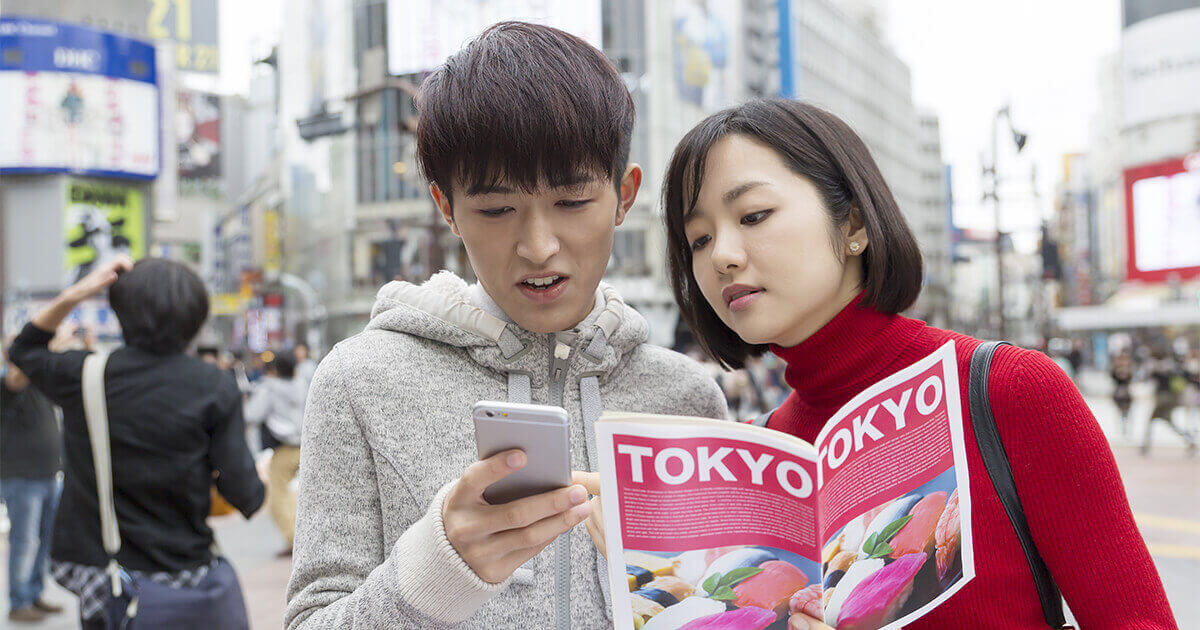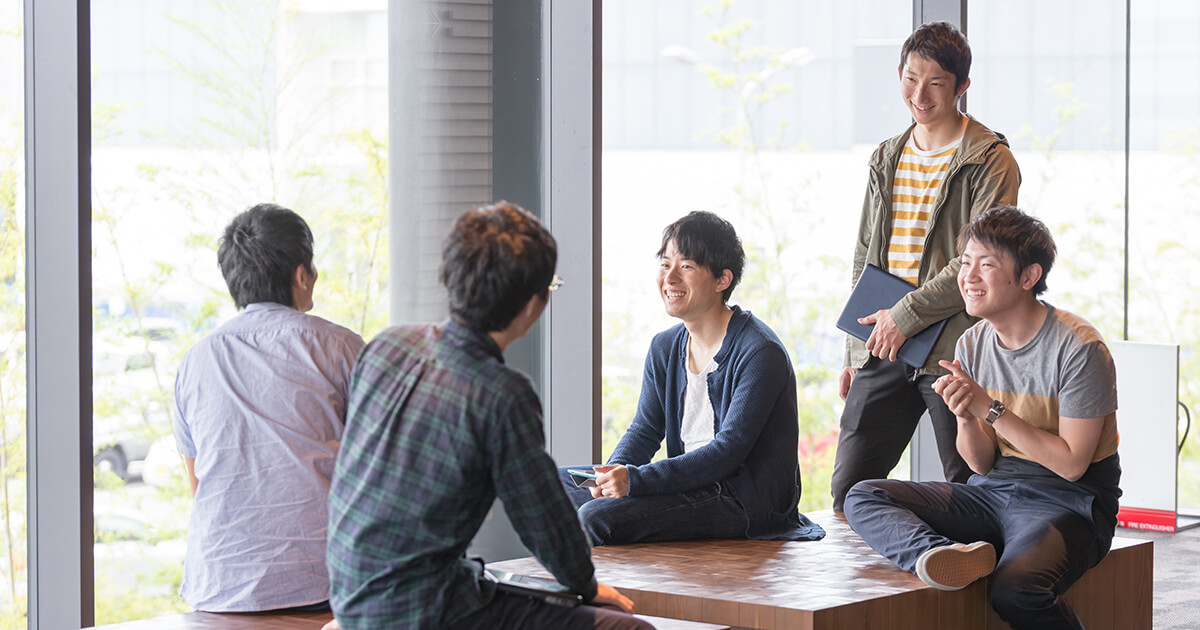
According to statistics from the Japanese government, the number of foreigners working in Japan has increased tremendously to 1.28 million people in 2017*.
This trend is likely to continue in the future. Working in Japan has become more common than ever.
Some people have even found jobs in Japan without being proficient in the language. If you are one of them, you will need some essential Japanese phrases at your workplace.
Today, we shall introduce 10 useful phrases that you can use immediately at your workplace.
1. よろしくおねがいします。 Yoroshiku onegaishimasu.
Nice to meet you.
Use this phrase when you meet someone for the first time at your workplace. “Hajimemashite. Doozo yoroshiku onegaishimasu” appears in any Japanese textbooks but it is so long that you may not be able to remember it all. In that case, “yoroshiku onegaishimasu” is sufficient.
2. Nameです。 Name desu.
My name is ….
Try adding “desu” after your name when you introduce yourself. This will let the other party know that you are introducing yourself. “desu” is a “be” verb, and it corresponds to “am/is” in English.
2.ありがとうございます。 Arigatoo gozaimasu.
Thank you.
When you start work at a new place, you would probably need help from your colleagues or superior. There will be many opportunities for you to express your thanks. Use this phrase to express your thanks.
4. すみません。Sumimasen.
I am sorry/Excuse me/thank you
Sumimasen is a useful phrase because it can be used to express apology or thanks and draw attention from someone. It would be good for you to memorize this phrase.
5. 失礼(しつれい)します。Shitsuree shimasu.
Excuse me. May I come in?
When you are entering someone’s office or room, it is polite to say “shitsuree shimasu”. This phrase does not have an English equivalent. The direct translation of shitsuree shimasu would be “Sorry to disturb you”.
6. 失礼(しつれい)しました。Shitsuree shimashita.
Bye.
When you are leaving someone’s office or room, it is part of the Japanese business etiquette to say “shitsuree shimashita”. This phrase does not have an English equivalent as well. The direct translation of shitsuree shimashita would be “Sorry to have disturbed you”.
7. がんばります。Ganbarimasu.
I’ll try my best.
Try using this phrase when you want to show your zest and determination toward a new task. Your Japanese colleague would be impressed with you.
8. がんばりましょう。Ganbarimashoo.
Let’s try our best.
Changing the ending part of the word ganbarimasu to ganbarimashoo changes the meaning to “let’s try our best”. Especially when you are leading a team, saying this phrase to your team members will create a bond among your members.
9. お疲(つか)れ様(さま)でした。Otsukaresamadeshita.
See you tomorrow.
This expression is not found in English and it may be difficult to understand. It is said to someone who is leaving the office before the others do. A direct translation would be “You must be tired.”, “Good job” or “Thank you for your hard work”. It is a greeting to show appreciation to your colleagues who have worked hard for the day.
10. お先(さき)に失礼(しつれい)します。Osakini shitsureeshimasu.
I am going home now.
A direct translation of this phrase is “I am leaving first.” It is said to those who are still working in the office when you are leaving for the day. Saying this greeting would leave a good impression on others.
Try using these simple Japanese greetings to narrow the gap between you and your Japanese colleagues. They can foster good relationships in the workplace and make your working environment more pleasant.
Note: https://www5.cao.go.jp/keizai-shimon/kaigi/minutes/2018/0220/shiryo_04.pdf






